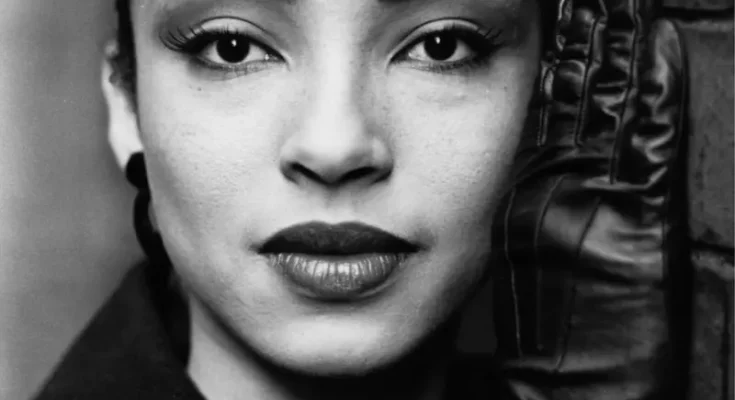Sade Adu, the legendary Nigerian-British singer, songwriter, and one of the most timeless voices in global music, has done what fans all over the world have been praying for, waiting for, and refreshing their playlists in hope of—she has finally released new music after seven long years. For many, it feels like a long drought has just been quenched by rain. For others, it is the return of an old friend whose voice has always been medicine for broken hearts, restless souls, and those who seek beauty in sound. For Sade, often called the “Flower of the Universe” by fans who believe her presence transcends music itself, this release is not just another song, it is a reminder that her artistry is as rare as it is enduring.
When Sade goes quiet, the world notices. Unlike most artists of her era and even the present day, she has never been one to chase the spotlight. Her career has been marked by long pauses, selective appearances, and a refusal to bend to industry pressure. Her last major project was the 2018 single “Flower of the Universe” for the soundtrack of A Wrinkle in Time, a song so tender and spiritual that even director Ava DuVernay said it brought her to tears the first time she heard it. Before that, fans had to reach back to Soldier of Love in 2010, her last studio album with her band, which itself arrived a decade after Lovers Rock in 2000. That is the rhythm of Sade: she arrives when the music demands it, not when the world shouts for it. Yet this very rarity is what makes her music feel sacred.
This new release, her first proper single in seven years, carries all the qualities that have defined her across generations. Smooth, sultry vocals. Lyrics that whisper truths instead of screaming them. Instrumentation that feels organic, uncluttered, timeless. A mood that cannot be dated by decade or boxed into trend. Sade’s voice still has that hushed intimacy, as if she is singing not to a crowd of millions but to you alone in the stillness of night. That quality has always been her power, and it is alive in this new track. Listening feels like sitting in a familiar room, the light soft, the curtains drawn, while someone you love tells you secrets that only you can hear.
The excitement online since the release has been electric. Social media platforms erupted with joy as fans, both old and new, celebrated her return. Twitter timelines filled with quotes of her lyrics. Instagram reels poured out with tributes, while TikTok creators stitched her sound into new montages of love, longing, and healing. For younger generations who might have grown up hearing her classics like “Smooth Operator,” “By Your Side,” and “No Ordinary Love” through their parents’ record players or playlists, this new music is a chance to experience Sade in real time, not as history but as present moment. It is rare for an artist with a career that stretches back to the early 1980s to still command this level of global anticipation, but Sade is not an ordinary artist. She is, in many ways, the definition of timeless.
Part of the reason Sade has remained untouchable for decades is her ability to resist the pull of overexposure. In a world where artists drop albums every year, post daily online, and promote endlessly, Sade disappears. She lives privately, she raises her family, she gardens, she paints, she simply exists outside the chaos of the industry. When she returns, it feels like a gift. Her silence is not absence; it is preparation. She brings only music that feels necessary. This discipline has preserved not just her mystique but also her quality. There is no weak Sade project, no filler album, no desperate reinvention. She has stayed true to herself, and in doing so, she has remained true to her audience.
The new song is already being dissected line by line by critics and fans alike. As always, her lyrics balance simplicity with depth. A single line from Sade can hold an entire novel’s worth of meaning. She does not crowd her songs with unnecessary words, instead she leaves space for listeners to pour their own stories into them. This is why her music has always felt so personal—people swear she wrote a song specifically for them, for their heartbreak, for their healing, for their joy. And yet she never spells everything out, she trusts the audience to feel what they need to feel.



